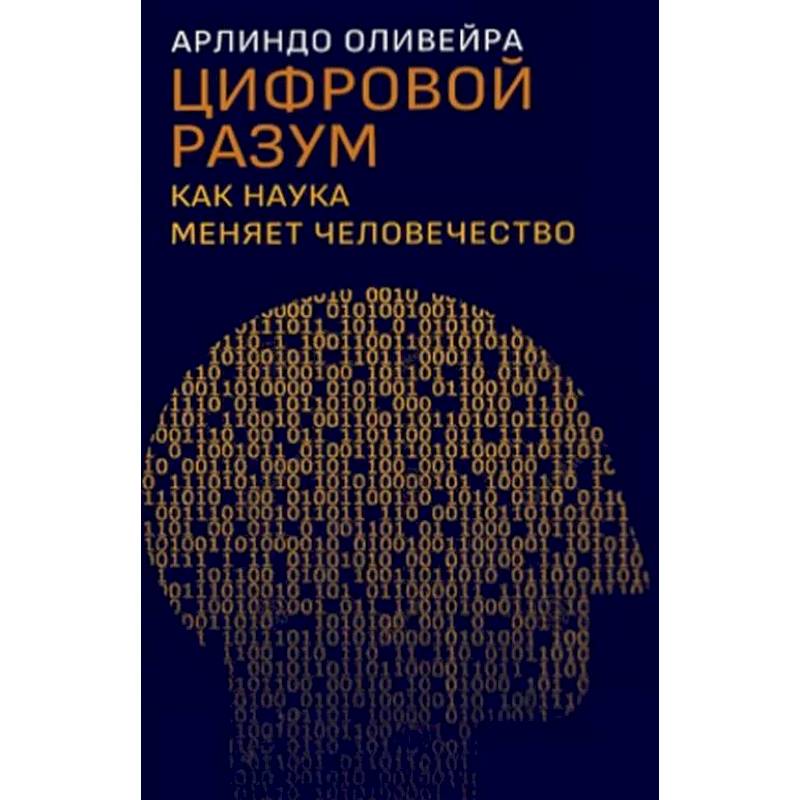Digital Mind. How Science is Changing Humanity
Please sign in so that we can notify you about a reply
How can the achievements of science and technology contribute to the emergence of exclusively digital mind - smart machines equal or even surpassing power of the human brain?
What do computers, cells and brain have in common? Computers are electronic devices invented by people, cells are biological entities that arose as a result of evolution, and the brain is the carrier and creator of our mind. But they are all one way or another - devices for processing information. The power of the human brain is not yet comparable to any existing machine or a well -known living being. For many years of evolution, the brain helped us invent instruments and technologies to make our lives easier. Our brain even allowed us to create computers, almost as powerful as the human brain itself. In the book, Arlindo Oliveira describes how the achievements of science and technology can contribute to the creation of a digital mind.
Exponential growth is the principle of life itself, but today technological changes promise to surpass even evolutionary development. Oliveira describes technological and scientific achievements, starting with the opening of laws that control the behavior of electromagnetic fields, and ending with the development of computers. He calls natural selection by the supreme algorithm, discusses the genetics and evolution of the central nervous system and describes the role of computer visualization in the understanding and modeling of the brain. Given the work of this unique system that creates the mind, it addresses the inevitable question: is the human brain the only system that can support the mind? If the digital mind arises - and as Oliveira believes, it is difficult to find arguments that this will not happen - what will be social, legal, ethical consequences? Will the digital mind become our friend or rival?
What do computers, cells and brain have in common? Computers are electronic devices invented by people, cells are biological entities that arose as a result of evolution, and the brain is the carrier and creator of our mind. But they are all one way or another - devices for processing information. The power of the human brain is not yet comparable to any existing machine or a well -known living being. For many years of evolution, the brain helped us invent instruments and technologies to make our lives easier. Our brain even allowed us to create computers, almost as powerful as the human brain itself. In the book, Arlindo Oliveira describes how the achievements of science and technology can contribute to the creation of a digital mind.
Exponential growth is the principle of life itself, but today technological changes promise to surpass even evolutionary development. Oliveira describes technological and scientific achievements, starting with the opening of laws that control the behavior of electromagnetic fields, and ending with the development of computers. He calls natural selection by the supreme algorithm, discusses the genetics and evolution of the central nervous system and describes the role of computer visualization in the understanding and modeling of the brain. Given the work of this unique system that creates the mind, it addresses the inevitable question: is the human brain the only system that can support the mind? If the digital mind arises - and as Oliveira believes, it is difficult to find arguments that this will not happen - what will be social, legal, ethical consequences? Will the digital mind become our friend or rival?
Author:
Author:Оливейра А.
Cover:
Cover:Hard
Category:
- Category:Science & Math
- Category:Reference books
Publication language:
Publication Language:Russian
Paper:
Paper:Offset
ISBN:
ISBN:978-5-85006-348-1
No reviews found
